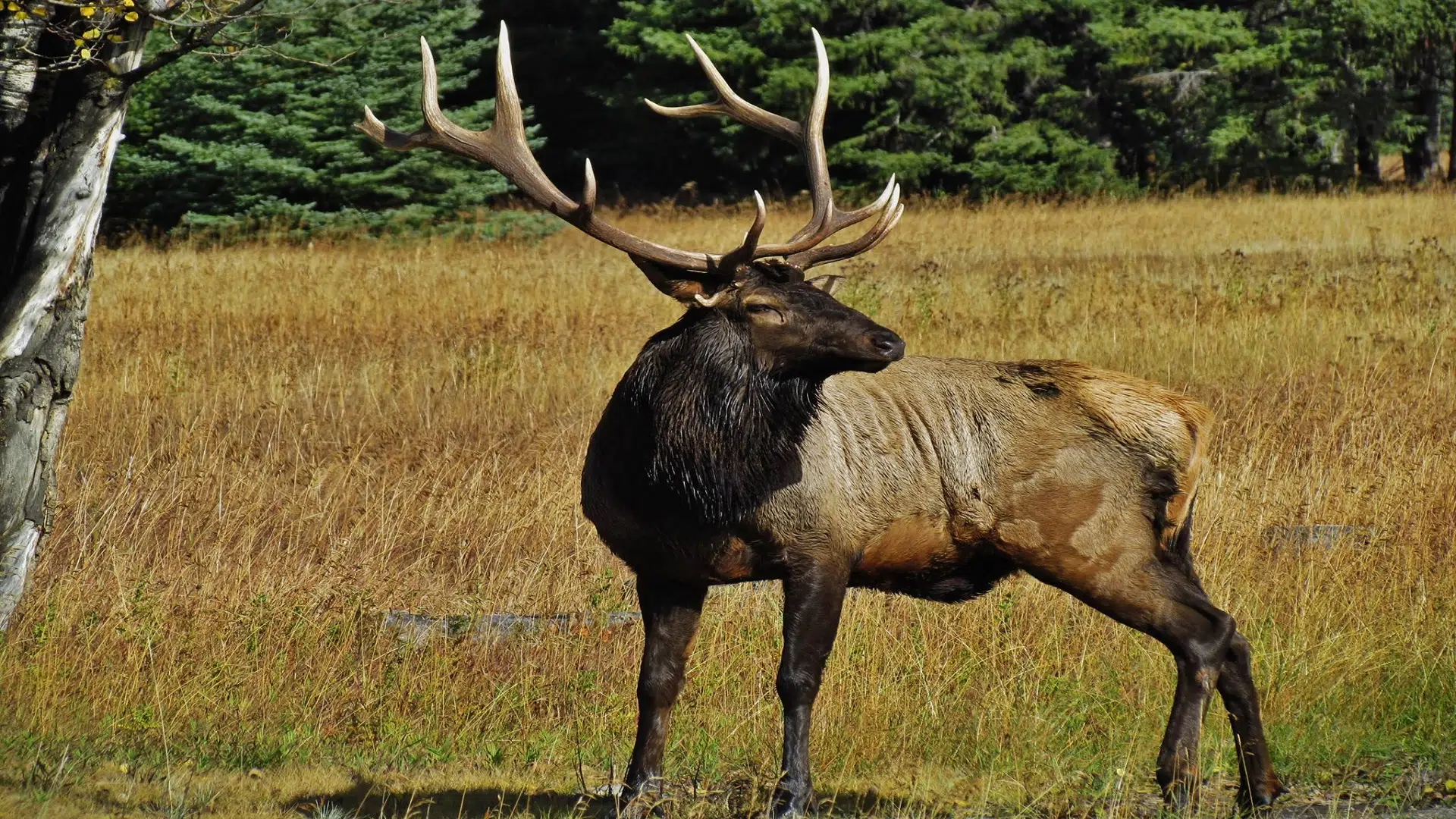
Concerns raised about bovine TB in elk near Suffield
MEDICINE HAT – As of noon on Thursday (Nov 3) Canada’s food safety watchdog confirmed it is starting to destroy a herd of cattle near Medicine Hat, linked to a cow that was detected to have bovine tuberculosis.
The Canadian Food Inspection Agency says so far only one case of the contagious bacterial disease has been found, but 30 ranches in the area remain under quarantine. The CFIA says that number could change as it brings in more investigators to trace potentially exposed animals in a process that is expected to take months.
Concerns continue after a cow from a ranch near Jenner tested positive for bovine tuberculosis after being sent to the United States.
The ability for a number of farmers to sell their cattle is now up in the air as the farms and ranches remain quarantined by the Canadian Food Inspection Agency. Now there’s news not only entire herds may be slaughtered, but horses and family pets as well.


